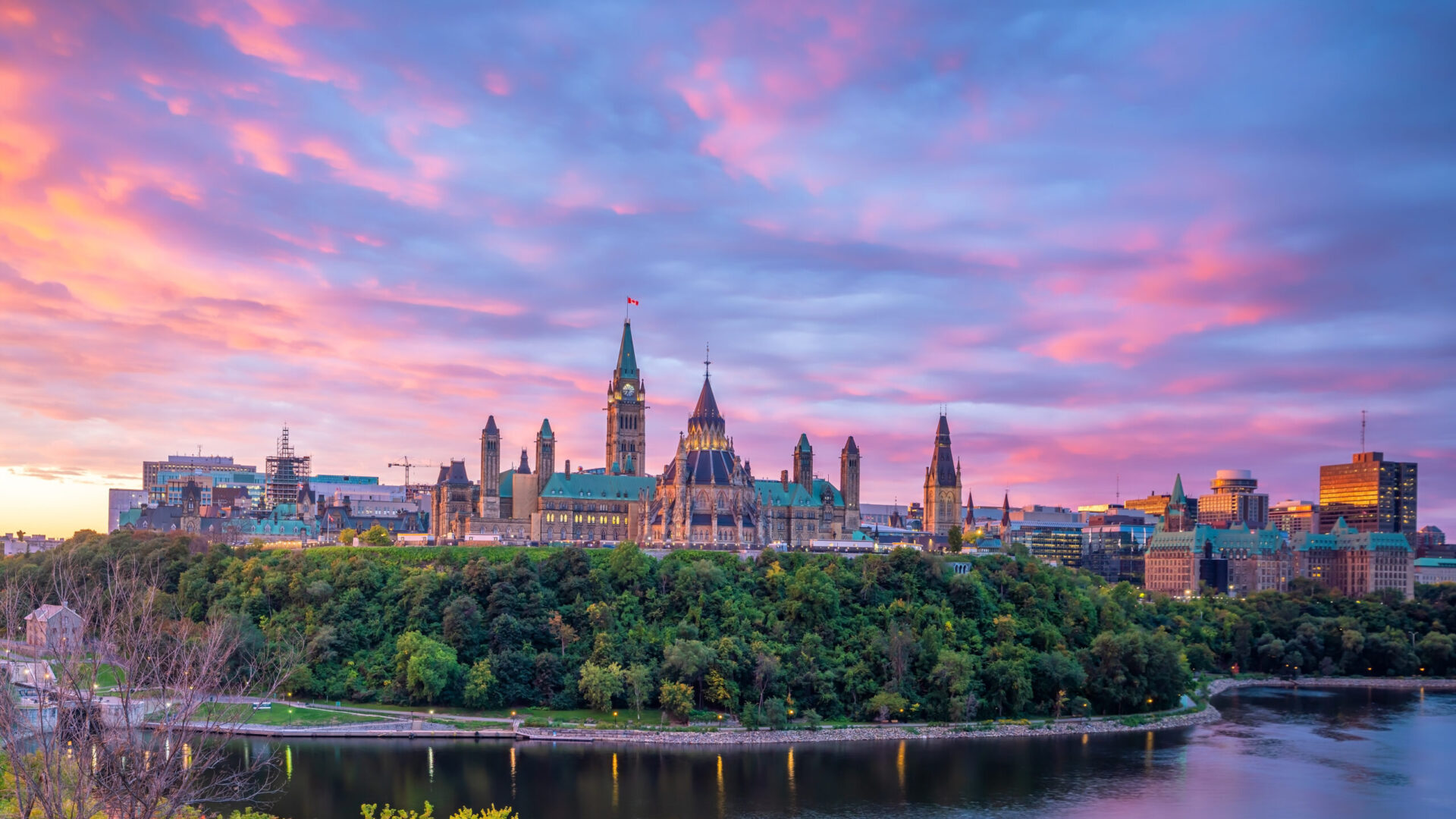Immigrating to Canada for United States Citizens

This article explains what United States citizens need to know about visiting Canada for tourism, working remotely as digital nomads, and the main routes to becoming permanent residents.
Visiting as a Tourist
To enter Canada as visitors, U.S. citizens do not need a temporary resident visa (also known as a “visitor visa”) and an eTA (“Electronic Travel Authorization”). They must carry one of the following documents as proof of their U.S. citizenship:
- valid U.S. passport
- birth certificate
- certificate of citizenship or naturalization
- certificate of Indian status along with photo identification
U.S. citizens can stay in Canada as visitors for up to 6 months. If they want to stay in Canada for longer, they must tell the border services officer before entering Canada. Alternatively, they can extend their stay beyond 6 months after they enter Canada.
Visiting as a Digital Nomad
U.S. citizens who are visiting Canada can work for their foreign employer remotely while in Canada. They do not need a work permit and can stay in Canada up to 6 months at a time. However, they will need a work permit if they find a Canadian employer.
Key Immigration Pathways
U.S. citizens can explore several immigration programs to move to Canada permanently:
Express Entry
Express Entry is Canada’s primary system for managing skilled worker applications and includes three main programs:
- Federal Skilled Worker Program (FSWP): Suitable for individuals with skilled work experience, language proficiency in English or French, and sufficient education. A minimum of one year of continuous full-time or equivalent part-time skilled work experience in Canada or abroad in the past 10 years is required. Applicants need to demonstrate sufficient funds to support themselves and their family unless they are authorized to work in Canada and have a valid job offer.
For more information, please refer to Express Entry: Federal Skilled Worker Program – Canada.ca
- Canadian Experience Class (CEC): Designed for skilled workers who have at least one year of full-time or equivalent part-time skilled work experience in Canada within the last three years. Applicants do not need to demonstrate sufficient funds to support themselves and their family.
For more information, please visit Express Entry: Canadian Experience Class – Canada.ca
- Federal Skilled Trades Program (FSTP): For qualified skilled tradespeople with at least two years of full-time equivalent part-time work experience in a specific trade within the last five years in a country where you were qualified to practice. Applicants must have a full-time job offer in Canada for at least one year or a certificate of qualification in their trade issued by a Canadian provincial, territorial or federal authority.
For more information, please visit Express Entry: Federal Skilled Trades Program – Canada.ca
Provincial Nominee Programs (PNPs)
Each Canadian province and territory (except Quebec and Nunavut) has its own PNP, which allows them to nominate individuals who meet their specific labor market and economic needs. These programs often target specific skills or offer pathways for entrepreneurs and international graduates. A nomination from a PNP can significantly increase your chances of being invited to apply for permanent residence through Express Entry by adding 600 points to your Comprehensive Ranking System (CRS) score. Some PNPs also have streams that operate outside the Express Entry system.
For more information, please visit Immigrate as a provincial nominee – Canada.ca
Family Sponsorship
If a U.S. citizen has a Canadian citizen or permanent resident spouse, common-law partner, parent, grandparent, or other eligible relative, they may be able to sponsor the U.S. citizen for permanent residence. Sponsors must meet certain financial requirements and demonstrate their ability to support the sponsored relative.
For more information, please visit Sponsor your family members to immigrate to Canada – Canada.ca
Entrepreneurship
Canada offers programs for individuals who wish to start a business in Canada. These include the Start-Up Visa Program for entrepreneurs with a qualifying business idea and support from a designated Canadian organization.
For more information, please visit Start-up Visa Program – Canada.ca
Temporary Residence Pathways
If U.S. citizens not immediately qualify for permanent residence, they might consider temporary options such as Work Permits or Study Permits. Having Canadian work experience can then make them eligible for permanent residence through programs like the Canadian Experience Class.
For more information, please visit Work in Canada – Canada.ca and Study in Canada as an international student – Canada.ca
***
Disclaimer: The content of this blog is provided for informational purposes only and should not be construed as immigration/legal advice. It is recommended that you consult with a qualified immigration professional for advice regarding your individual situation.




